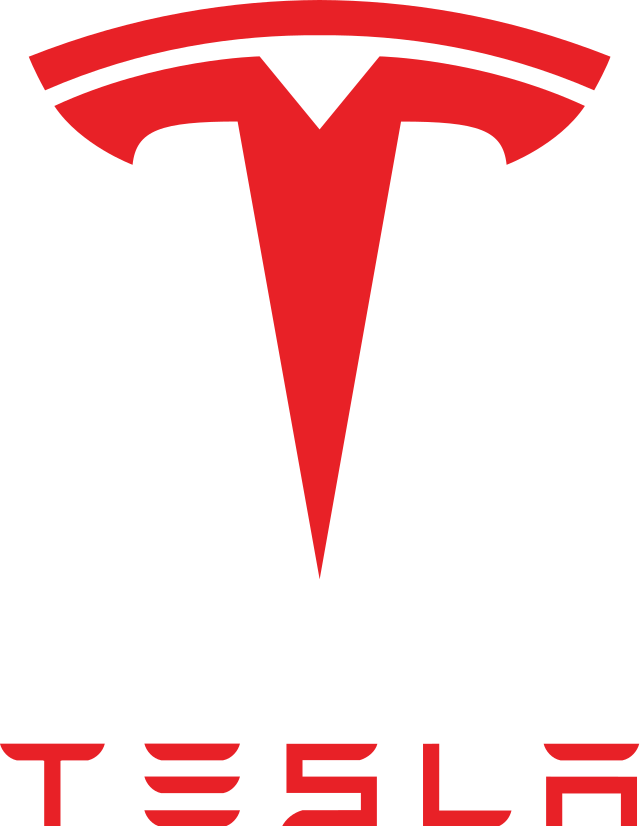Tesla India EV Plant
As Tesla, led by visionary entrepreneur Elon Musk, sets its sights on establishing an electric car manufacturing plant in India, the country eagerly anticipates a potential investment ranging between $2 billion to $3 billion. This move comes on the heels of India’s recent reduction in import taxes on select electric vehicles, signaling a favorable environment for automakers willing to invest a minimum of Rs. 4,150 crore and commence commercial production within three years.
In a strategic maneuver, Tesla plans to dispatch a team from the United States to scout locations for the proposed plant, with a particular focus on states like Maharashtra, Gujarat, and Tamil Nadu, known for their automotive expertise. While Haryana boasts existing automotive infrastructure, Tesla appears inclined towards states with accessible ports to streamline car exportation processes.
Tesla’s interest in India aligns with its global expansion strategy, despite a recent dip in EV demand worldwide that impacted the company’s first-quarter deliveries. In a bid to diversify its operations, Tesla may consider establishing a battery plant akin to its renowned “gigafactories” in key locations such as California, Texas, Berlin, and Shanghai.

Elon Musk’s persistent efforts to penetrate the Indian market have been met with positive reception, as discussions between Tesla representatives and Indian government officials have progressed steadily over the past year. The company envisions manufacturing an affordable EV priced at $24,000 in India while advocating for reduced taxes on premium models, signaling a commitment to catering to diverse consumer segments.
Tesla’s potential entry into India has the potential to catalyze significant advancements in the country’s EV ecosystem, fostering increased investments and bolstering local auto parts manufacturers. With the Indian government mandating localization requirements for lower custom duties on Completely Built Units (CBUs) priced at a minimum of $35,000, industry experts foresee a transformative shift towards embracing global technologies, expanding product portfolios, and enhancing cost competitiveness to drive widespread EV adoption across India’s dynamic automotive landscape.
